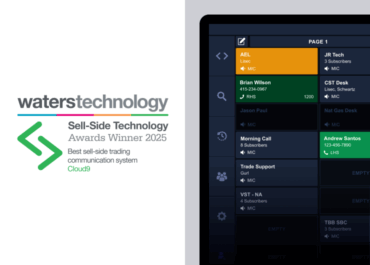
Contemporary Digital Communications: A Review of the Solution Landscape
The current digital environment provides organizations with a range of messaging solutions, each characterized by varying levels of security and compliance capabilities. This has become particularly prominent as people add messaging apps to their personal and professional workflows as a complement to e-mail.
 Disney. Starbucks. Coca-Cola. Some iconic brands inspire such intense loyalty that they become part of enthusiasts’ identities. Perhaps the most compelling example in modern memory is Apple: millions of people around the world are deeply devoted to the company’s products, and their dedication (and willingness to pay a premium for their hardware) has made Apple one of the most successful companies in history.
Disney. Starbucks. Coca-Cola. Some iconic brands inspire such intense loyalty that they become part of enthusiasts’ identities. Perhaps the most compelling example in modern memory is Apple: millions of people around the world are deeply devoted to the company’s products, and their dedication (and willingness to pay a premium for their hardware) has made Apple one of the most successful companies in history. 
